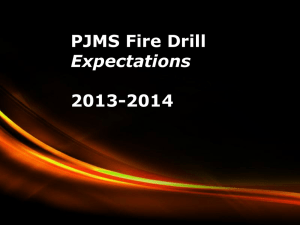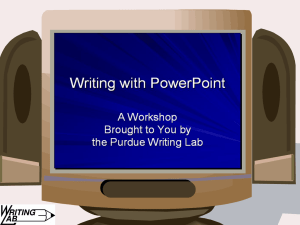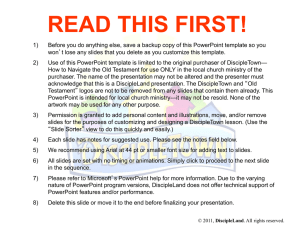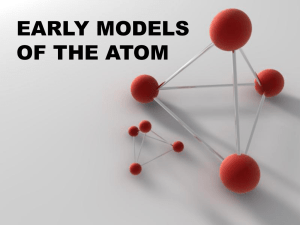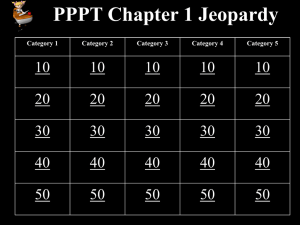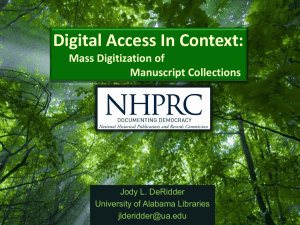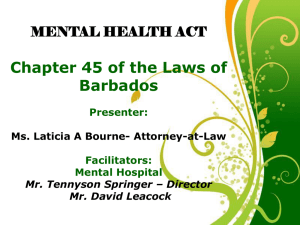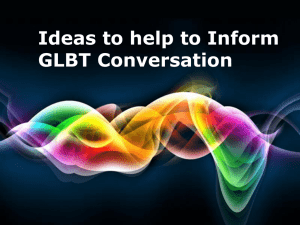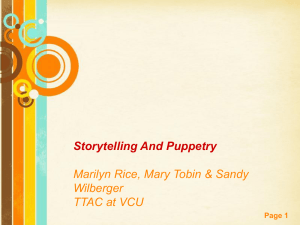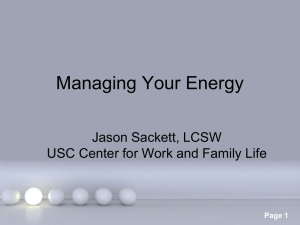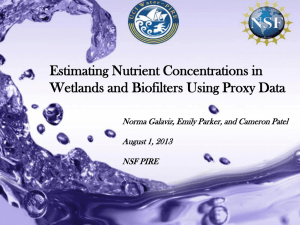The Electromagnetic Spectrum
advertisement
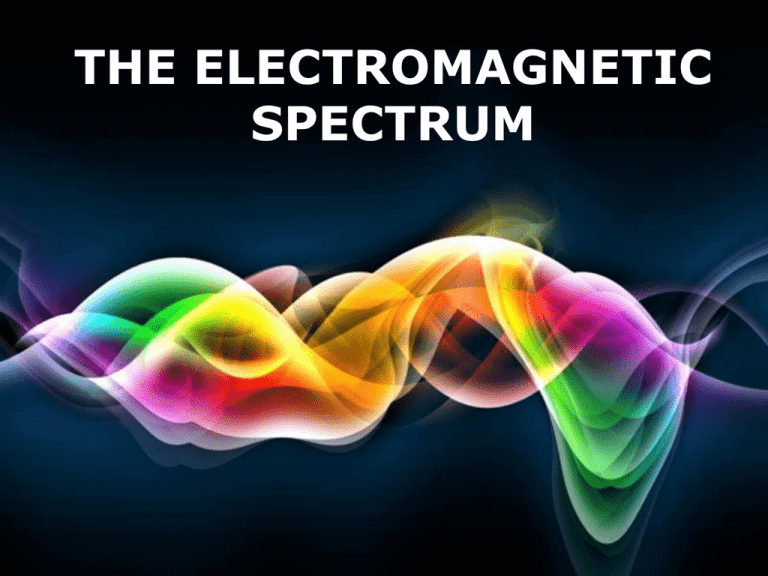
THE ELECTROMAGNETIC SPECTRUM Free Powerpoint Templates Page 1 LIGHT IT UP •Electromagnetic energy is commonly known as light. •There are many types of light energy – visible light, infrared, ultraviolet and Xrays are all forms of light energy. Free Powerpoint Templates Page 2 PROPERTIES OF LIGHT Crest – the highest point on a wave. Trough – the lowest point on a wave. Rest Position – the level of a fluid (like water) when there are no waves passing through it. Free Powerpoint Templates Page 3 WAVES OF LIGHT •We can use the wave properties of light to differentiate between different types of energy. •Frequency is the number of cycles of a wave that pass a given point in a second. This basically means how many time each second a crest (or trough) pass by a given point. •The frequency of a light wave totally depends on its wavelength since all light travels at the same speed – which is 300,000,000m/s!!!. •Let’s think about this using mopeds and busses! Free Powerpoint Templates Page 4 FREQUENCY 2.0 •The waves below can illustrate what frequency means in terms of cycles per second. (A cycle is crest-to-crest or trough-to-trough.) Free Powerpoint Templates Page 5 WAVELENGTH & COLOUR •The electromagnetic spectrum has light rays that differ based on their frequencies – this means they must have different wavelengths! Free Powerpoint Templates Page 6 THE SPECTRUM 1.0 •We can separate visible light into a continuous spectrum – an uninterrupted pattern of colours. (Light through a prism.) Free Powerpoint Templates Page 7 The SPECTRUM 2.0 •We can also see what is known as a line spectrum when energy is emitted (released) from various types of matter. •The line spectrum is discontinuous and can be used to identify a specific element. Free Powerpoint Templates Page 8 ELEMENT FINGERPRINTING •Each element gives off its own line spectrum with its own pattern of colours based on the energy the electrons absorb and release. (We just saw this…) • A device called a spectroscope allows us to see the bands created by separating light energy into its component wavelengths/colours. •The spectroscope basically catches the light energy released from the electrons as they release the energy they absorb…our eyes blend the rays into one colour but the spectroscope keeps them separated – producing the characteristic bands used to indentify the element. Free Powerpoint Templates Page 9 EMISSION SPECTRUM •This video explains why each element gives off its own unique pattern of light. Free Powerpoint Templates •http://www.youtube.com/watch?v=QI50GBUJ48s Page 10 SO WHAT HAPPENED? •The atom absorbed the energy of the flame and the valence electrons absorbed that energy and got excited and jumped up to a higher orbit or energy level – we can’t see this. The electrons are now said to be in an excited state. •BUT – they must return to their most stable position which is closest to the nucleus – the ground state. •In order to do this they must give off the energy they absorbed and when they do this it is given off as light energy. •The distance between the excited state orbit and the ground state orbit will dictate the colour of the light emitted. Free Powerpoint Templates Page 11 FLAME TEST RESULTS Free Powerpoint Templates Page 12 THAT’S ALL FOLKS! Free Powerpoint Templates Page 13
